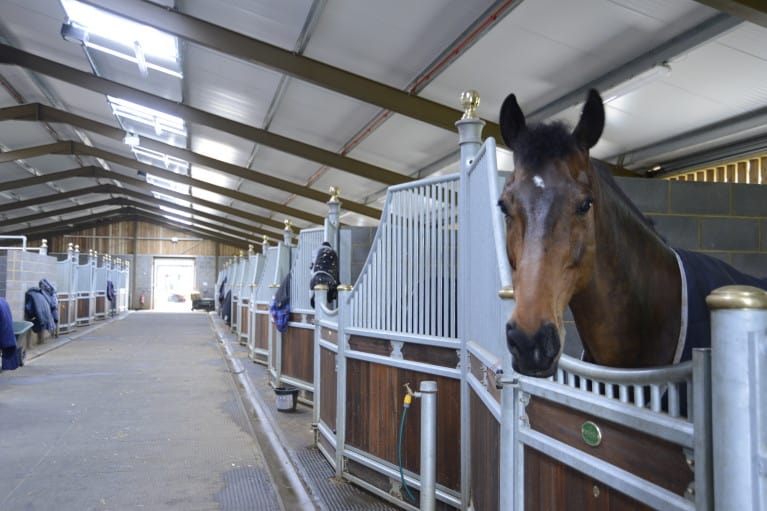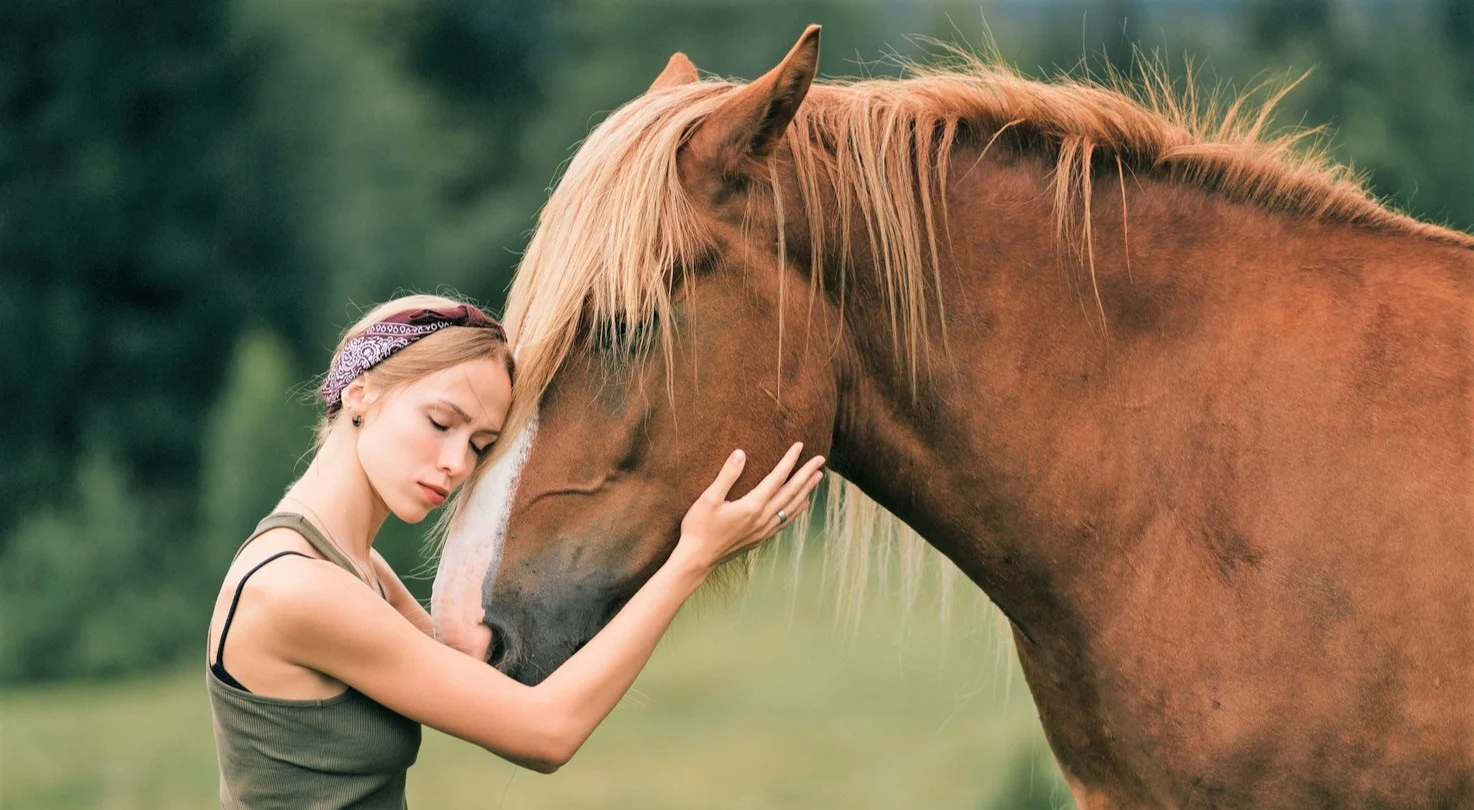As horses age, maintaining their weight can become a challenge. How to fatten up a skinny senior horse is a common concern among equestrian enthusiasts. Ensuring an older horse stays healthy involves understanding its unique dietary and care requirements.
In this article, we will delve into the various strategies and considerations necessary for fattening up a senior horse safely. With the right approach, you can help your beloved equine companion maintain a healthy weight and enjoy its golden years.

Understanding the Reasons for Weight Loss
Before addressing weight gain, it’s crucial to understand why a senior horse might be losing weight. Common causes include dental issues, decreased nutrient absorption, and underlying health conditions.
Conducting a thorough veterinary examination can help identify these issues and tailor a care plan specific to your horse’s needs.
Importance of Veterinary Assessments
Consulting with a veterinarian is essential to rule out any medical conditions that may contribute to weight loss. Regular check-ups ensure that your horse is not only gaining weight but also staying healthy overall.
For more comprehensive care tips, you might want to explore senior horse hydration strategies.
Optimizing Diet for Weight Gain
High-Quality Forage
Providing high-quality forage is essential. Older horses may require softer, more digestible options like soaked hay or haylage.
Concentrated Feeds
Incorporating concentrated feeds that are specifically designed for senior horses can help meet their caloric needs without overloading the digestive system.
Supplements and Additives
Adding supplements that promote weight gain and overall health can be beneficial. Consider consulting your vet for recommendations on supplements that might be suitable for your horse.
Ensuring Proper Hydration
Hydration plays a crucial role in a horse’s overall well-being. Make sure your senior horse has constant access to fresh, clean water. Dehydration can exacerbate weight loss and other health issues.
For more tips on keeping your senior horse hydrated, check out this hydration guide.
Monitoring and Adjusting Exercise Routines
Exercise is vital for maintaining muscle tone and appetite. However, the intensity and duration of exercise should be adjusted to suit the capabilities of a senior horse.
Learn more about exercise for older horses to ensure an appropriate balance between rest and activity.
Creating a Stress-free Environment
Stress can significantly impact a horse’s ability to maintain weight. Providing a calm and comfortable environment, with adequate shelter and companionship, can help minimize stress.
Explore this external guide for more insights on caring for elderly horses.
Pasture Management for Senior Horses
Access to well-maintained pasture can offer natural foraging opportunities. Ensure the pasture is safe and free from toxic plants.
For more details on pasture management, see this pasture management guide.
Dental Care and Its Impact
Regular dental check-ups are crucial as dental issues can hinder a horse’s ability to chew and digest food properly, leading to weight loss.
Addressing Parasite Control
Parasites can affect a horse’s nutrient absorption. Implement a regular deworming schedule to keep parasites in check.
Monitoring and Record Keeping
Keeping a detailed record of your horse’s weight, diet, and health changes can help you and your veterinarian make informed decisions.
Implementing Stretching Routines
Stretching routines can improve flexibility and comfort, contributing to better overall health. Consider incorporating stretching routines into your horse’s care plan.
Understanding the Role of Genetics
Genetics can play a role in a horse’s metabolism and weight. Understanding your horse’s genetic predispositions can aid in managing its weight effectively.

FAQs
Why is my senior horse losing weight despite eating well?
Weight loss in senior horses can be due to dental problems, inadequate nutrition absorption, or underlying health issues. Regular vet check-ups can help identify and address these problems.
What supplements can help my senior horse gain weight?
Supplements rich in fats, amino acids, and vitamins can aid in weight gain. Always consult a vet to choose the right supplements for your horse’s specific needs.
How often should I weigh my senior horse?
Regular monitoring is essential. Weigh your horse every two to four weeks to track progress and make necessary dietary adjustments.
This article contains affiliate links. We may earn a commission at no extra cost to you.
